Akilos 100 Tablet 10's
MRP ₹20
(Inclusive of all Taxes)
₹3.0 Cashback (15%)
Provide Delivery Location
Online payment accepted
 Prescription drug
Prescription drugWhats That
Composition :
Manufacturer/Marketer :
Consume Type :
Expires on or after :
Return Policy :
About Akilos 100 Tablet
Akilos 100 Tablet belongs to a group of medicines called Non-Steroidal Anti-Inflammatory Drugs (NSAIDs) or pain killers used to reduce and relieve pain, and inflammation (swelling) associated with osteoarthritis, rheumatoid arthritis and ankylosing spondylitis. Arthritis is a condition which affects the joints. Symptoms include swelling, pain, inflammation, stiffness, and tenderness.
Akilos 100 Tablet contains 'Aceclofenac' which works by blocking the effect of a chemical messenger known as cyclo-oxygenase (COX) enzyme that makes other chemical prostaglandins. By blocking the effect of COX enzymes, lesser prostaglandins are produced. This helps in reducing mild to moderate pain and inflammation at the injured or damaged site.
You are advised to take Akilos 100 Tablet for as long as your doctor has prescribed it for you depending on your medical condition. In some cases, Akilos 100 Tablet may cause certain common side-effects such as dizziness, diarrhoea, nausea, and increased liver enzymes in the blood. Most of these side effects do not require medical attention and will resolve gradually over time. However, you are advised to talk to your doctor if you experience these side effects persistently.
Consult your doctor if you are pregnant or breastfeeding. Akilos 100 Tablet may cause drowsiness and dizziness, so drive with caution. Akilos 100 Tablet is not recommended for children as safety and efficacy have not been established. Avoid consuming alcohol along with Akilos 100 Tablet as it could lead to increased drowsiness and dizziness; it might also increase the risk of stomach bleeding. Keep your doctor informed about your health condition and medicines to rule out any side effects.
Uses of Akilos 100 Tablet
Directions for Use
Key Benefits
Akilos 100 Tablet belongs to a group of medicines called Non-Steroidal Anti-Inflammatory Drugs (NSAIDs) used to reduce and relieve pain, redness, and inflammation (swelling) in patients suffering from osteoarthritis, rheumatoid arthritis and ankylosing spondylitis. Akilos 100 Tablet works by blocking the effect of a chemical messenger known as cyclo-oxygenase (COX) enzyme that makes other chemical prostaglandins which are produced at injury sites and cause pain and swelling. By blocking the effect of COX enzymes, lesser prostaglandins are produced. This helps in reducing mild to moderate pain and inflammation at the injured or damaged site.
Storage
- Inform your doctor about dizziness symptoms. They may adjust your medication regimen or prescribe additional medications to manage symptoms.
- Follow your doctor's instructions for taking medication, and take it at the same time every day to minimize dizziness.
- When standing up, do so slowly and carefully to avoid sudden dizziness.
- Avoid making sudden movements, such as turning or bending quickly, which can exacerbate dizziness.
- Drink plenty of water throughout the day to stay hydrated and help alleviate dizziness symptoms.
- If you're feeling dizzy, sit or lie down and rest until the dizziness passes.
- Track when dizziness occurs and any factors that may trigger it, and share this information with your doctor to help manage symptoms.
- Take medications with food (if recommended): It can help prevent stomach distress and indigestion.
- Eat smaller, more frequent meals: Divide daily food intake into smaller, more frequent meals to ease digestion.
- Avoid trigger foods: Identify and avoid foods that trigger indigestion, such as spicy, fatty, or acidic foods.
- Stay upright after eating: Sit or stand upright for at least 1-2 hours after eating to prevent stomach acid from flowing into the oesophagus.
- Avoid carbonated drinks: Avoid drinking carbonated beverages, such as soda or beer, which can worsen indigestion.
- Manage stress: To alleviate indigestion, engage in stress-reducing activities like deep breathing exercises or meditation.
- Consult a doctor if needed: If indigestion worsens or persists, consult a healthcare professional to adjust the medication regimen or explore alternative treatments.
- Apply a hot/cold pack to the affected area.
- Doing gentle exercises can help cope with pain by stretching muscles.
- Get enough sleep. It helps enhance mood and lower pain sensitivity.
- Avoid alcohol, smoking and tobacco as they can increase pain.
- Follow a well-balanced meal.
- Meditation and massages may also help with pain.
- Inform your doctor about the nausea and discuss possible alternatives to the medication or adjustments to the dosage.
- Divide your daily food intake into smaller, more frequent meals to reduce nausea.
- Opt for bland, easily digestible foods like crackers, toast, plain rice, bananas, and applesauce.
- Avoid certain foods that can trigger nausea, such as fatty, greasy, spicy, and smelly foods.
- Drink plenty of fluids, such as water, clear broth, or electrolyte-rich beverages like coconut water or sports drinks.
- Use ginger (tea, ale, or candies) to help relieve nausea.
- Get adequate rest and also avoid strenuous activities that can worsen nausea.
- Talk to your doctor about taking anti-nausea medication if your nausea is severe.
- Record when your nausea occurs, what triggers it, and what provides relief to help you identify patterns and manage your symptoms more effectively.
- Inform Your Doctor: Notify your doctor immediately about your diarrhoea symptoms. This allows them to adjust your medication or provide guidance on managing side effects.
- Stay Hydrated: Drink plenty of fluids to replace lost water and electrolytes. Choose water, clear broth, and electrolyte-rich drinks. Avoid carbonated or caffeinated beverages to effectively rehydrate your body.
- Follow a Bland Diet: Eat easy-to-digest foods to help firm up your stool and settle your stomach. Try incorporating bananas, rice, applesauce, toast, plain crackers, and boiled vegetables into your diet.
- Avoid Trigger Foods: Steer clear of foods that can worsen diarrhoea, such as spicy, fatty, or greasy foods, high-fibre foods, and dairy products (especially if you're lactose intolerant).
- Practice Good Hygiene: Maintain good hygiene to prevent the spread of infection. To stay healthy, wash your hands frequently, clean and disinfect surfaces regularly, and avoid exchanging personal belongings with others.
- Take Anti-Diarrheal Medications: If your doctor advises, anti-diarrheal medications such as loperamide might help manage diarrhoea symptoms. Always follow your doctor's directions.
- Keep track of your diarrhoea symptoms. If they don't get better or worse or are accompanied by severe stomach pain, blood, or dehydration signs (like extreme thirst or dark urine), seek medical help.
Drug Warnings
If you have had any recent heart surgery, do not take Akilos 100 Tablet as it can increase the risk of heart attack or stroke. Do not take Akilos 100 Tablet if you are allergic to aceclofenac or other NSAIDs (such as ibuprofen, diclofenac or naproxen); if you have stomach ulcers, have suffered bleeding problems, clotting problems, severe heart, liver or kidney problems. Inform your doctor if you have or had disorders of the stomach, blood circulation problems to the brain, asthma, porphyria (blood disorder), diabetes, high blood pressure, auto-immune diseases, connective tissue diseases; if you are recovering from major surgery or if you are elderly. Consult your doctor if you are pregnant or breastfeeding. Akilos 100 Tablet may cause drowsiness and dizziness, so drive only if you are alert. Akilos 100 Tablet is not recommended for children as safety has not been established. Avoid consuming alcohol along with Akilos 100 Tablet as it could lead to increased drowsiness and may also increase the risk of stomach bleeding. Stop taking Akilos 100 Tablet and consult your doctor immediately if you have stomach pain or any signs of bleeding in the intestine or stomach such as blood in stools. Do not take any other NSAIDs for pain relief along with Akilos 100 Tablet unless prescribed.
Drug-Drug Interactions
Drug-Drug Interactions
Login/Sign Up
Co-administration of Atenolol with Akilos 100 Tablet could increase the risk of low blood pressure.
How to manage the interaction:
Although there is a possible interaction between Atenolol and Akilos 100 Tablet, you can take these medicines together if prescribed by a doctor. Consult a doctor if you experience excessive sweating, shortness of breath, palpitations, or chest discomfort. Do not discontinue any medications without consulting a doctor.
Drug-Food Interactions
Drug-Food Interactions
Login/Sign Up
Diet & Lifestyle Advise
- Physical activity helps in strengthening muscles and relieves joint stiffness. Gentle activities like 20-30minutes of walking or swimming would be helpful.
- Performing yoga may also help in improving joint flexibility and pain management.
- Maintain a healthy weight by performing regular low-strain exercises and eating healthy food.
- Get adequate sleep as resting the muscles can help in reducing inflammation and swelling.
- Follow heat or cold therapy, apply a cold or hot compress on the joints for 15-20minutes regularly.
- De-stress yourself by meditating, reading books, taking a warm bubble bath or listening to soothing music.
- Acupuncture, massage and physical therapy may also be helpful.
- Eat food rich in antioxidants such as berries, spinach, kidney beans, dark chocolate, etc.
- Foods containing flavonoids help in reducing inflammation. These include soy, berries, broccoli, grapes and green tea.
- Avoid smoking and alcohol consumption.
Side Effects of Akilos 100 Tablet
- Dizziness
- Diarrhoea
- Nausea
- Increased liver enzymes in blood
Habit Forming
Therapeutic Class
All Substitutes & Brand Comparisons
RX
Topnac 100 Tablet 10's
Systopic Laboratories Pvt Ltd
₹23
(₹2.07 per unit)
14% COSTLIERRX
Afenak 100 mg Tablet 10's
Sun Pharmaceutical Industries Ltd
₹27.5
(₹2.48 per unit)
37% COSTLIERRX
Acenext 100 mg Tablet 10's
Cadila Healthcare Ltd
₹36.5
(₹3.29 per unit)
82% COSTLIER
Author Details
We provide you with authentic, trustworthy and relevant information
Drug-Diseases Interactions
Drug-Diseases Interactions
Login/Sign Up
FAQs
Drug-Drug Interactions Checker List
- ASPIRIN
- IBUPROFEN
- NAPROXEN
- CELECOXIB
- ETORICOXIB
- CITALOPRAM
- ESCITALOPRAM
- FLUOXETINE
- FLUVOXAMINE
- PAROXETINE
- SERTRALINE
- LITHIUM
- DIGOXIN
- ENALAPRIL
- LISINOPRIL
- LOSARTAN
- HYDRALAZINE
- METHYLDOPA
- CLONIDINE
- PROPRANOLOL
- MOXONIDINE
- CIPROFLOXACIN
- OFLOXACIN
- LEVOFLOXACIN
- MOXIFLOXACIN
- FUROSEMIDE
- WARFARIN
- HEPARIN
- CLOPIDOGREL
- METHOTREXATE
- MIFEPRESTONE
- HYDROCORTISONE
- PREDNISOLONE
- CYCLOSPORINE
- TACROLIMUS
- ZIDOVUDINE
- GLIBENCLAMIDE
- GLICLAZIDE
- CANDESARTAN
- AMILORIDE HYDROCHORIDE
- TOLBUTAMIDE
Disease/Condition Glossary
Osteoarthritis: It is a degenerative joint disease in which the two ends of the joints come together due to the breakdown of a protective covering called cartilage. Due to the absence of this protective covering, the joints rub against each other, leading to pain and stiffness. Symptoms of osteoarthritis include pain, stiffness, inflammation and tenderness. The main reason for osteoarthritis is age, the older you are, the more likely you could get osteoarthritis, thus known as degenerative disease, meaning that the joints wear out as a person ages. Other reasons include a past injury such as torn cartilage, dislocated joints and ligament injuries.
Rheumatoid arthritis: It is an auto-immune disease (the body's immune system attacks its tissue) which leads to joint pain and damage. Symptoms of rheumatoid arthritis include pain, swelling, stiffness, deformities and loss of joint function.
Ankylosing spondylitis: It causes pain and stiffness in the spine. The pain usually starts in the lower back and can spread to the neck, damaged joints or other parts of the body. Symptoms of ankylosing spondylitis include decreased flexibility which usually leads to hunched-forward posture, pain and back and joints.

Have a query?
Alcohol
Safe if prescribed
Avoid consumption of alcohol while taking Akilos 100 Tablet as it may cause increased drowsiness. It can also increase the risk of stomach bleeding.
Pregnancy
Consult your doctor
Please consult your doctor if you have any concerns regarding this, your doctor will prescribe only if the benefits outweigh the risks.
Breast Feeding
Consult your doctor
It is not known if Akilos 100 Tablet passes into breastmilk. Please consult your doctor before taking Akilos 100 Tablet ; your doctor will decide whether Akilos 100 Tablet can be taken by breastfeeding mothers or not.
Driving
Safe if prescribed
Akilos 100 Tablet may cause drowsiness, dizziness and tiredness. Do not drive or operate machinery unless you are alert.
Liver
Consult your doctor
Dose adjustment may be needed in patients with liver impairment. Please consult your doctor if you have a liver impairment or any concerns regarding this.
Kidney
Consult your doctor
Dose adjustment may be needed in patients with kidney impairment. Please consult your doctor if you have kidney impairment or any concerns regarding this.
Children
Safe if prescribed
Akilos 100 Tablet is not recommended for children as the safety and effectiveness were not established.




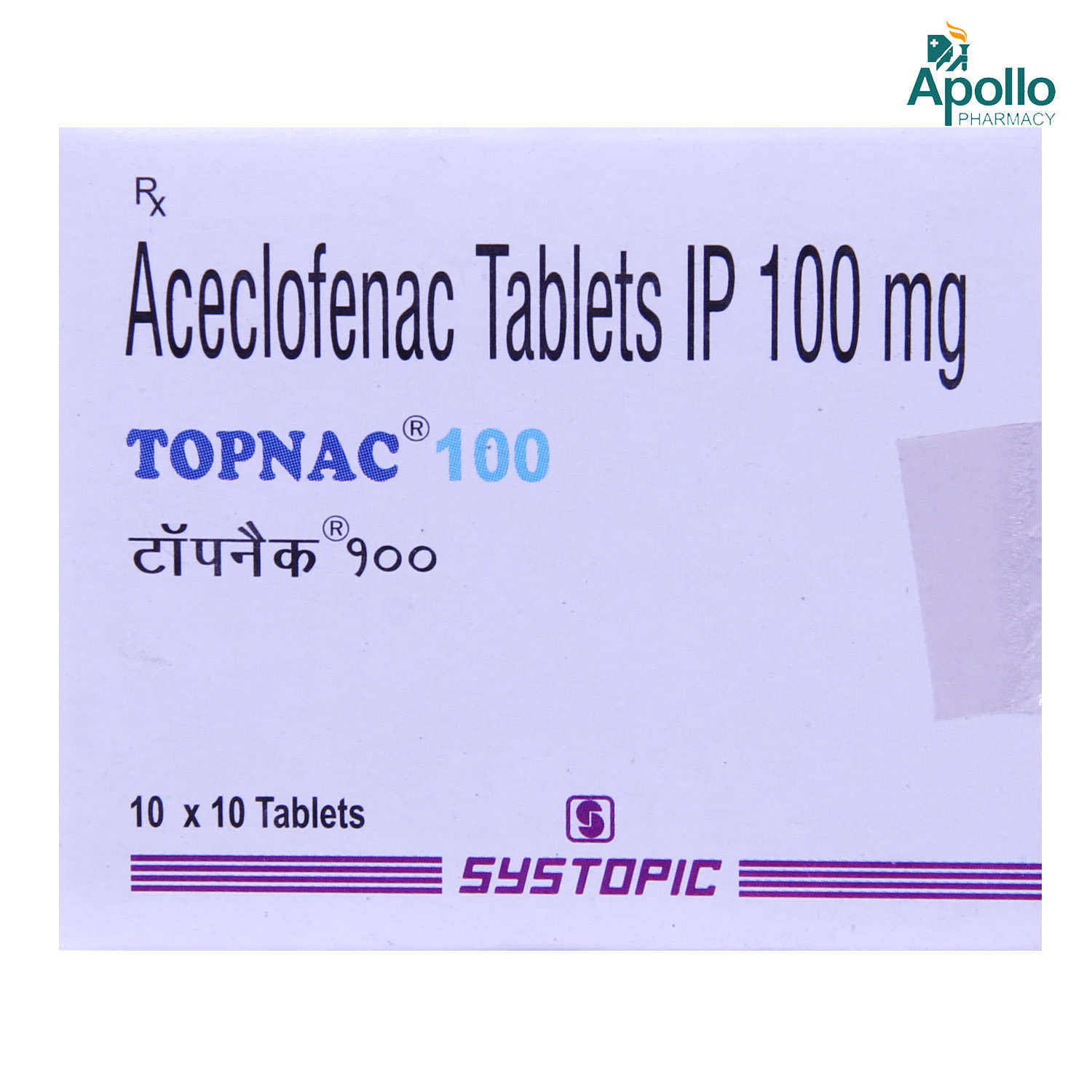
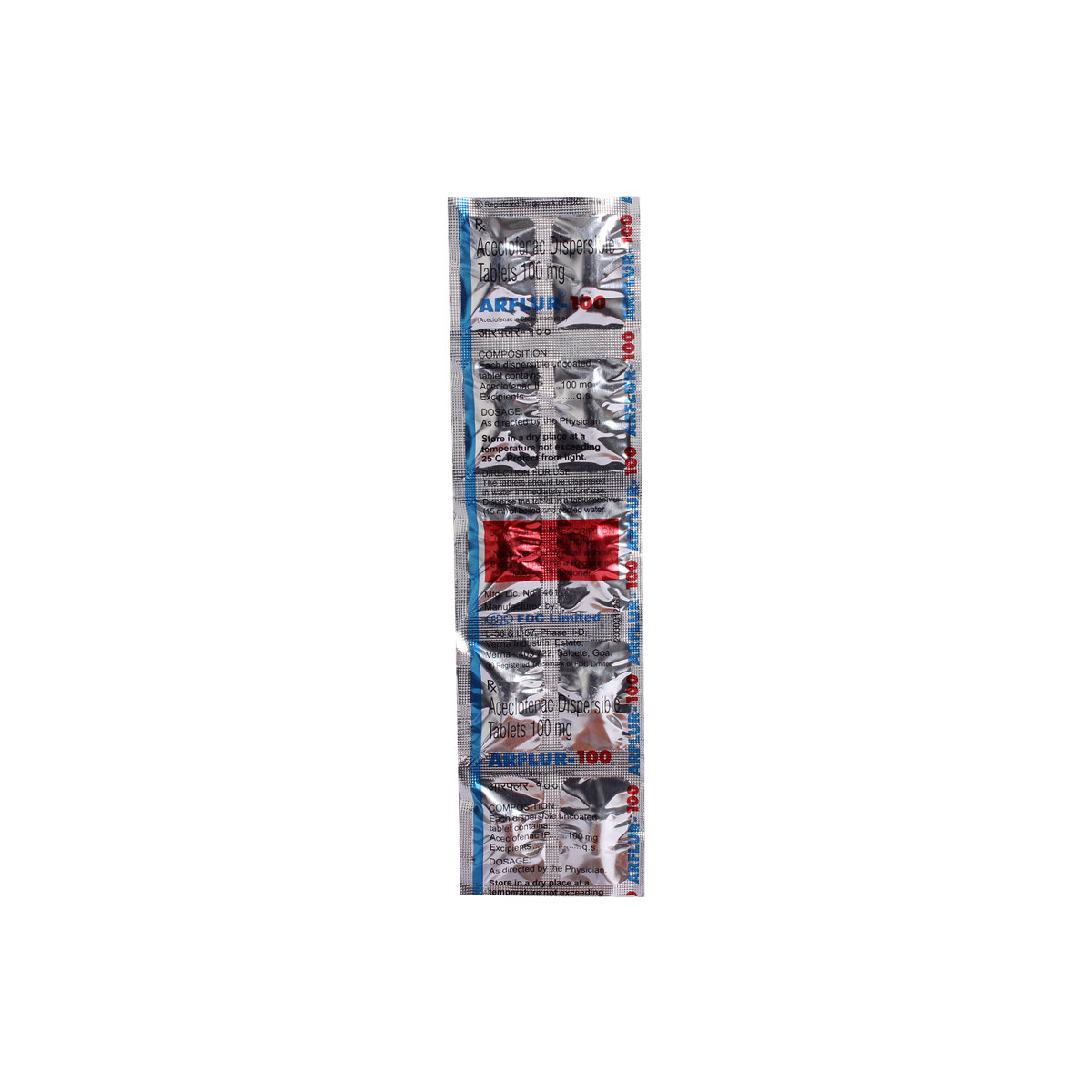
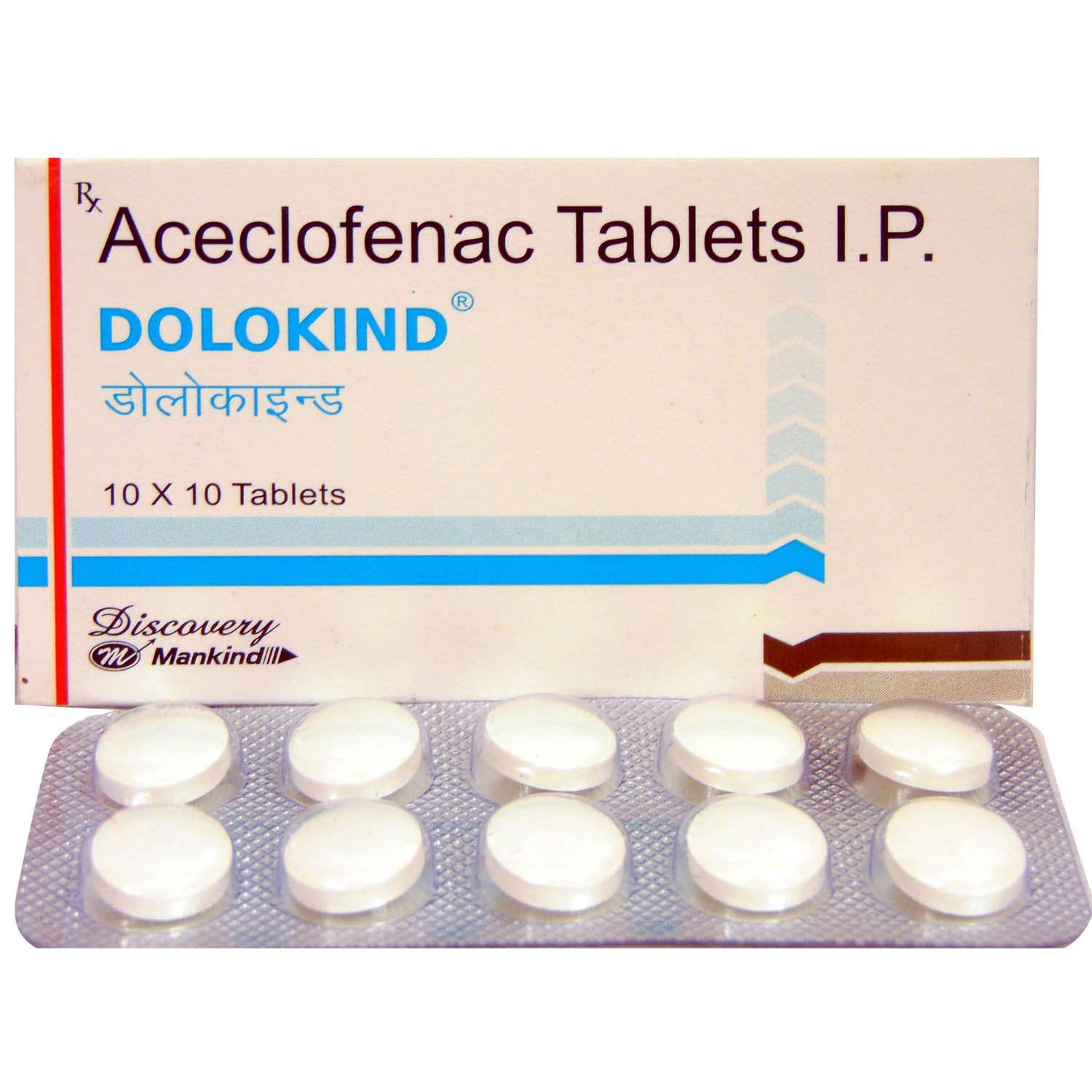

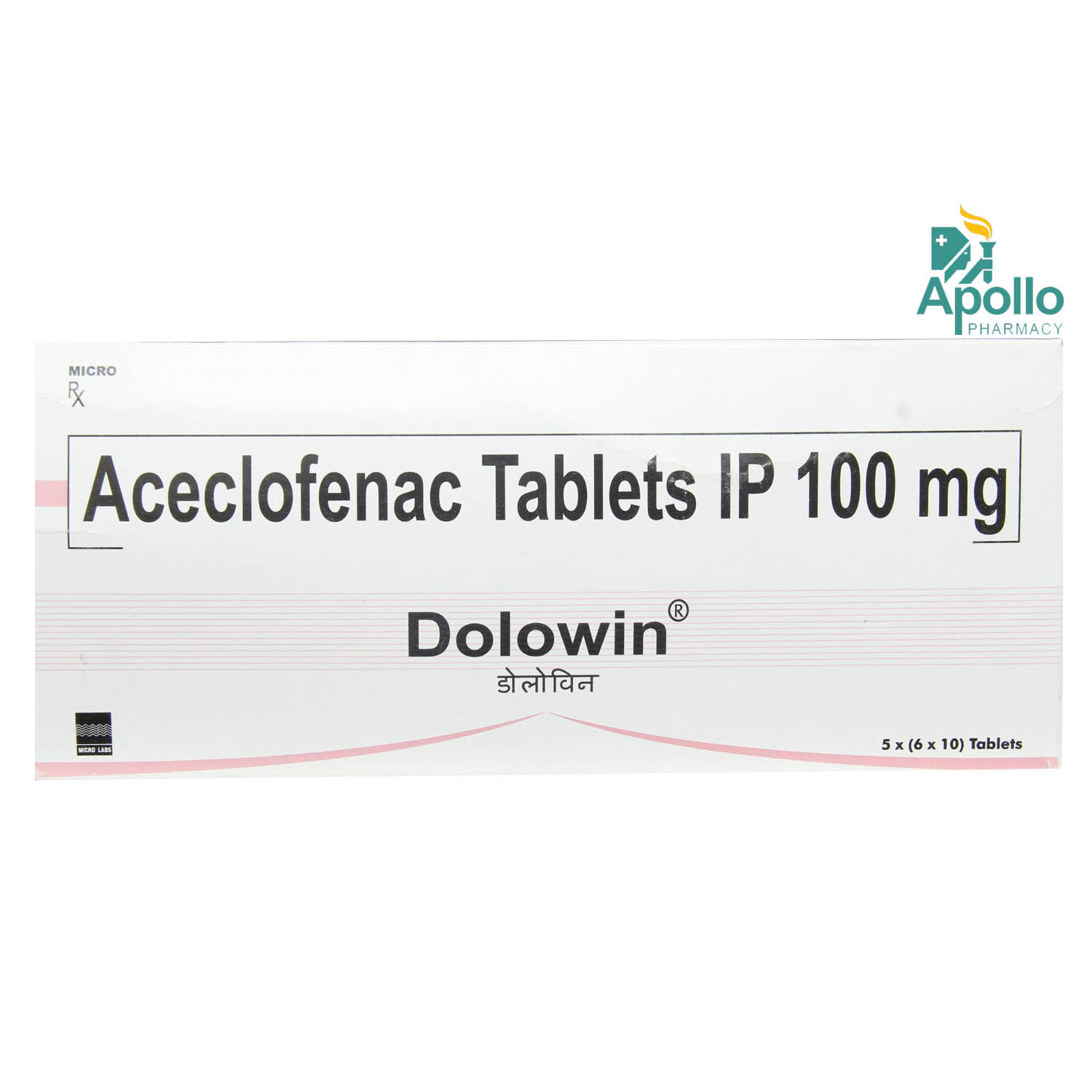
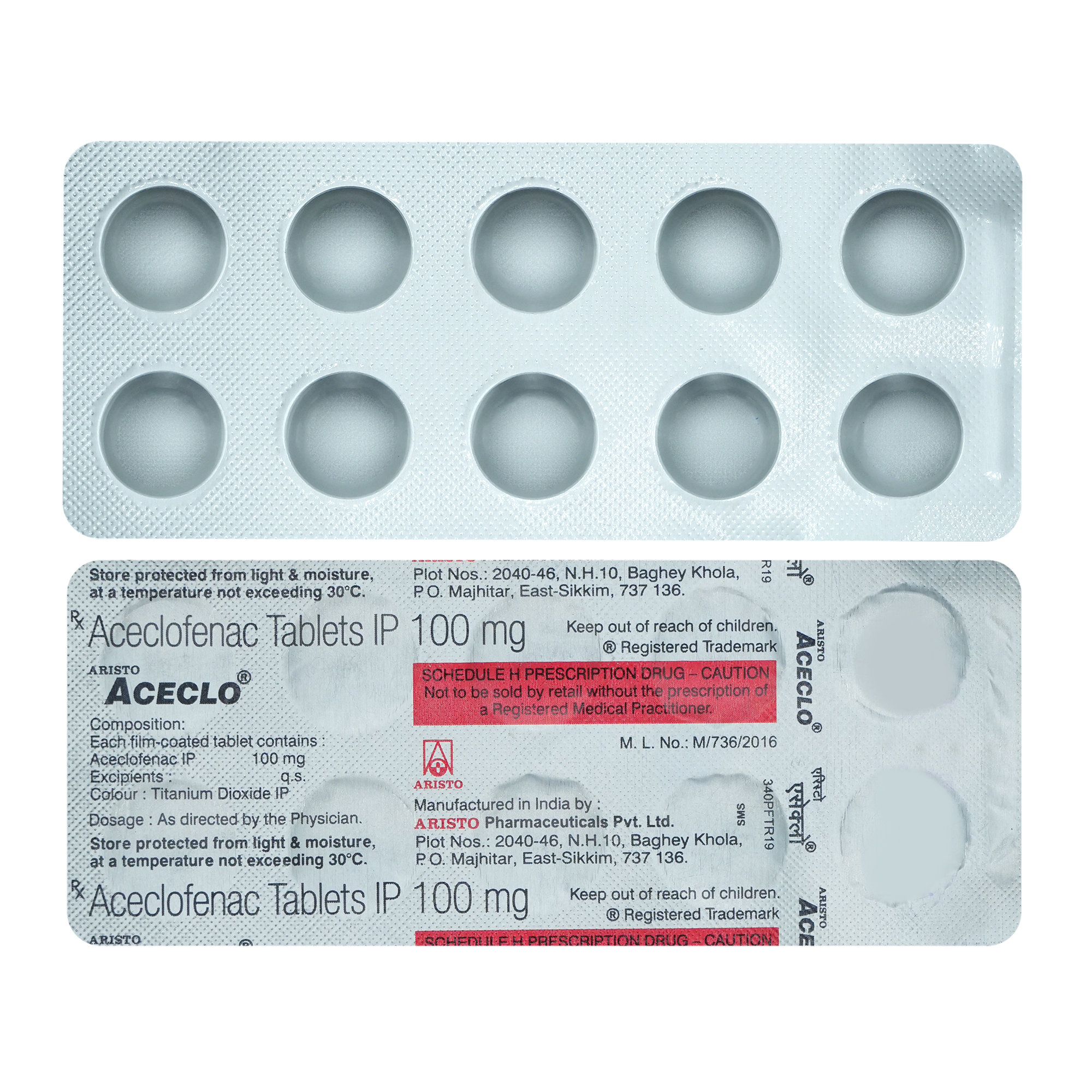
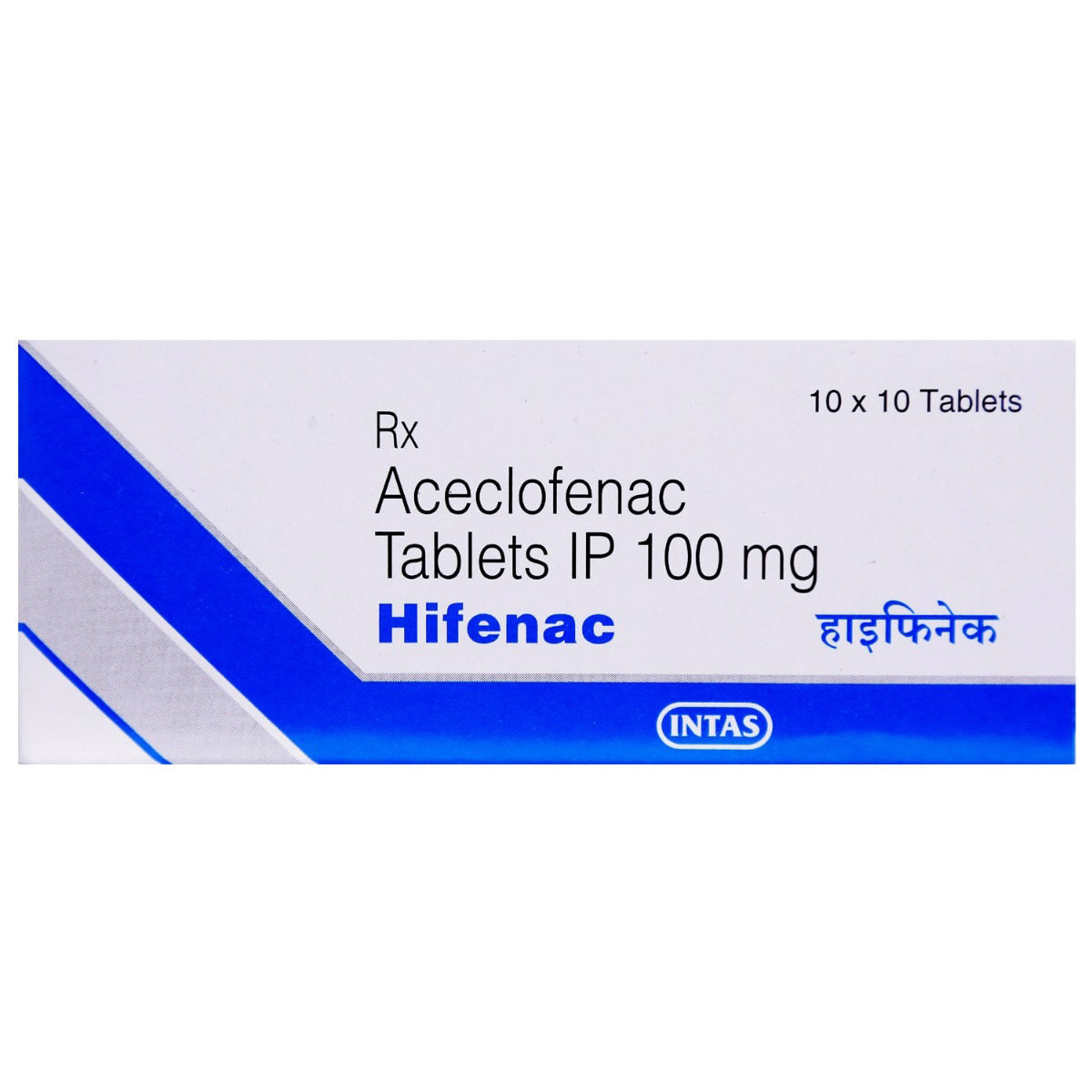

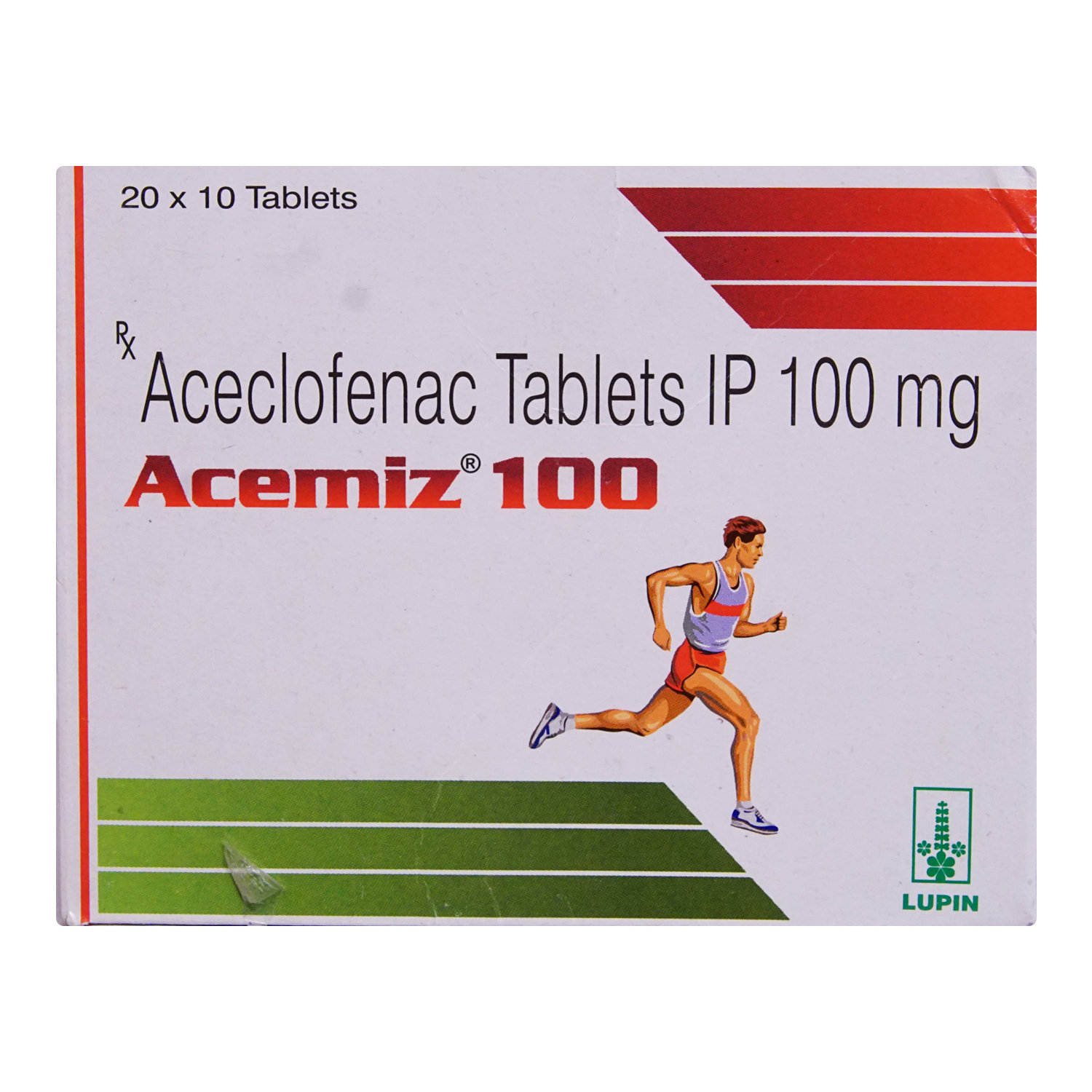

_0.jpg?tr=q-85)

